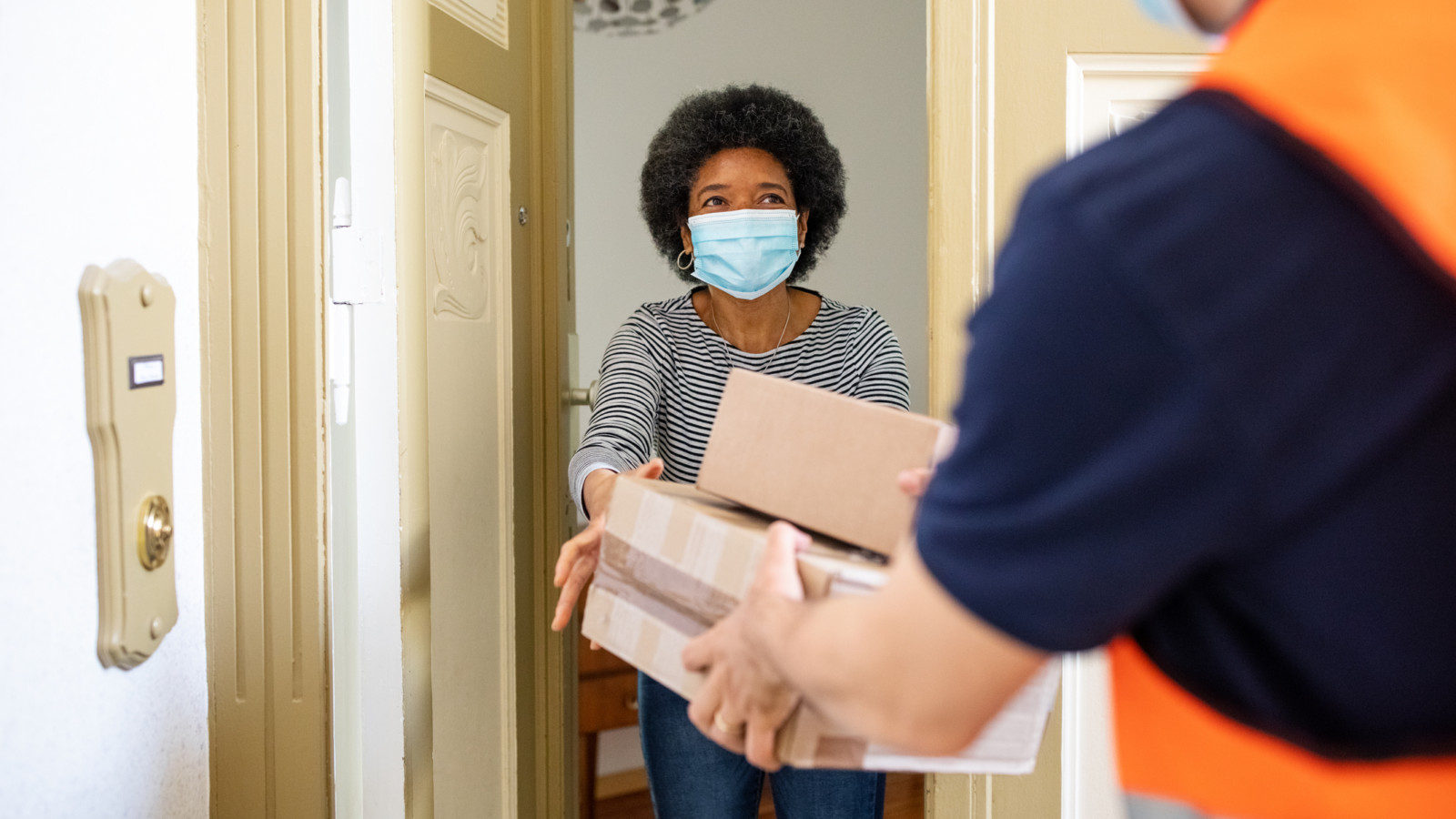If you’ve ever been on the receiving end of a random act of kindness, you know how wonderful those small, unexpected gestures can feel. There are mountains of evidence that show just how far kindness can go for both the recipient and the giver: it relates to increased energy and relaxation, greater happiness, and decreased feelings of depression and anxiety, just to name a few. What’s more, spontaneous acts of kindness lead to a greater boost in positive emotions than “formal prosocial behavior,” a.k.a., planned volunteering. That’s not to say you shouldn’t volunteer, but it’s great to know that more casual expressions of kindness still mean a whole lot for both doer and receiver — especially as the pandemic makes it hard for some of us to volunteer in person.
But over the course of the last year-and-a-half, as we’ve been separated from friends, family, and co-workers, it’s been trickier to flex our random-act-of-kindness muscles. Plus, “many people are struggling with mental health issues right now, so they may be focused more on self-care than kindness,” Amy Morin, L.C.S.W., a psychotherapist, podcast host, and editor in chief of Verywell Mind, tells Thrive. If that sounds familiar, don’t be too hard on yourself. “You need to take care of yourself before you give to other people,” Morin says. “Otherwise, you may end up feeling burned out.”
That said, random acts of kindness can still have a place in your routine during these challenging times. Here, a few ideas for how you can be kind in small, meaningful ways, even when you’re not seeing people IRL.
Do something nice for a loved one
Small acts are sometimes better than grand ones. “You might pick up a surprise treat from the grocery store for a family member, or offer to refill their coffee, or wash their car for them, or even just pay them an unexpected compliment,” Gabriela Martorell, Ph.D., a professor of psychology at Virginia Wesleyan University, tells Thrive. Looking for a way to connect with those who aren’t in your household? Morin suggests writing heartfelt letters to loved ones expressing your gratitude for them.
Look for online opportunities
As the pandemic drags on, aim to use some of your screen time for good. Whether it’s sending an email or slack message to a co-worker who’s stressed, or using your unique skills and talents to mentor or teach someone over Zoom, dedicating time that would have otherwise been spent mindlessly scrolling on social media is a bit more productive and even more kind. Morin says you could also look for a mental health site that trains volunteers to chat online with people who are hurting.
Practice active listening
On the surface, simply listening to someone might not seem like an act of kindness. But take a moment to think about it: How did you feel after the last conversation where you felt seen and heard? Showing up for others through active listening is a powerful way to improve your relationships and show others that you care about them. Try engaging in a conversation where you mostly listen. Or, next time you go to talk to someone, take a few minutes to think about how they may be feeling before you approach them. Treating others with compassion and listening to how they feel is a sure way to connect — and a simple way to tap into kindness.


